Notebook
-
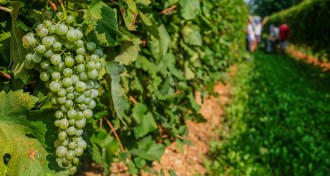 Agriculture
AgricultureProsecco production takes a toll on northeast Italy’s environment
The soil in Northern Italy’s prosecco vineyards is washing away.
-
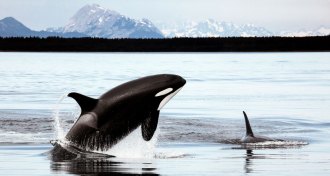 Animals
Animals50 years ago, scientists studied orcas in the wild for the first time
The study of killer whales has come a long way since the capture of seven in 1968 allowed scientists to study the animals in their habitat.
By Mike Denison -
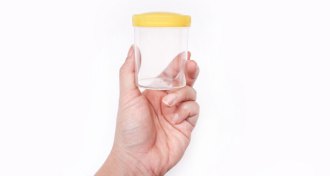 Health & Medicine
Health & MedicineStudies can be in vitro, in vivo and now ‘in fimo’ — in poop
Scientists have coined a new term — “in fimo” — to describe studies focused on feces.
-
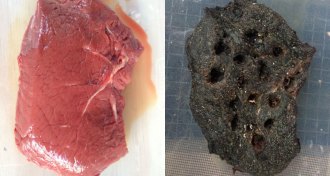 Anthropology
AnthropologyThis scientist watches meat rot to decipher the Neandertal diet
This scientist is studying how meat changes as it rots to figure out what Neandertals might have eaten.
-
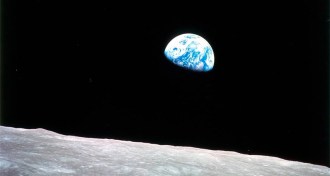 Astronomy
Astronomy50 years ago, astronauts orbited the moon for the first time
Apollo 8 launched on December 21, 1968, with three astronauts on board, making 10 revolutions around the moon — the first manned lunar orbits.
-
 Health & Medicine
Health & MedicineAmericans are sleeping less than they were 13 years ago
A survey suggests that nearly one-third of American adults are sleeping fewer than 6 hours a night, and minority groups are most affected.
-
 Animals
Animals50 years ago, armadillos hinted that DNA wasn’t destiny
Nine-banded armadillos have identical quadruplets. But the youngsters aren’t identical enough, and scientists 50 years ago could not figure out why.
-
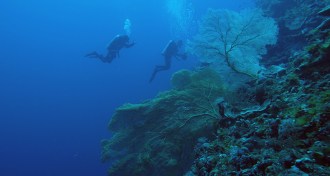 Animals
AnimalsNearly 200 Great Barrier Reef coral species also live in the deep sea
There are more coral species lurking in the deep ocean that previously thought. That could be good news for their shallow water counterparts.
-
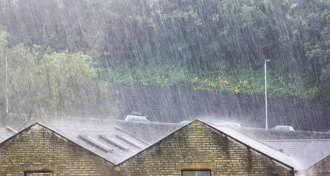 Climate
ClimateHalf the world’s annual rain falls in just 12 days
Climate change could shorten the time it takes for the world to receive half its annual precipitation from 12 days to 11 by 2100.
By Kyle Plantz -
 Animals
AnimalsHow locust ecology inspired an opera
When an entomologist decides to write a libretto, you get an operatic elegy to locusts.
By Susan Milius -
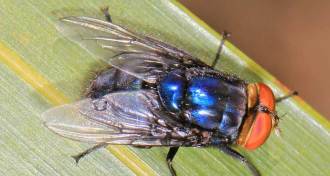 Agriculture
Agriculture50 years ago, screwworm flies inspired a new approach to insect control
The United States has wiped out screwworm flies repeatedly since 1966 using the sterile male eradication technique.
By Kyle Plantz -
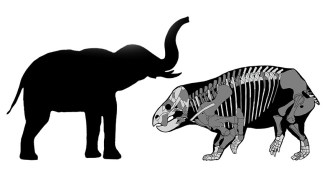 Paleontology
PaleontologyThis huge plant eater thrived in the age of dinosaurs — but wasn’t one of them
A newly named plant-eater from the Late Triassic was surprisingly hefty.